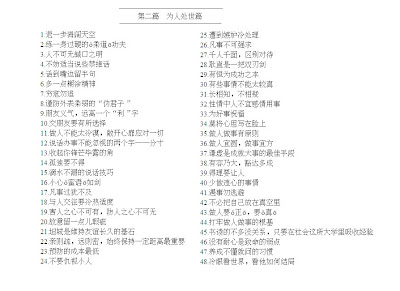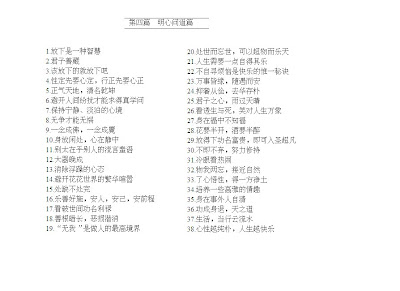"The hardest arithmetic to master isthat which enables us to count our blessings." -Eric Hoffer
According to legend, a young man while roaming the desert came across a spring of delicious crystal-clear water. The water was so sweet he filled his leather canteen so he could bring some back to a tribal elder who had been his teacher.
After a four-day journey he presented the water to the old man who took a deep drink, smiled warmly and thanked his student lavishly for the sweet water. The young man returned to his village with a happy heart.
Later, the teacher let another student taste the water. He spat it out, saying it was awful. It apparently had become stale because of the old leather container. The student challenged his teacher: "Master, the water was foul. Why did you pretend to like it?"
The teacher replied, "You only tasted the water. I tasted the gift. The water was simply the container for an act of living-kindness and nothing could be sweeter."
Self-motivation without gratitude is impossible. Our energy is "sapped" when our entire focus is on what's wrong instead of what is right with our lives.
One of our greatest challenges is to live and love in spite of pain and disappointment...to find gratitude in the midst of it all.
Reflect for a moment on this beautiful quote from Melody Beattie:
"Gratitude unlocks the fullness of life. It turns what we have into enough, and more. It turns denial into acceptance, chaos to order, confusion to clarity. It can turn a meal into a feast, a house into a home, a stranger into a friend. Gratitude makes sense of our past, brings peace for today, and creates a vision for tomorrow."











